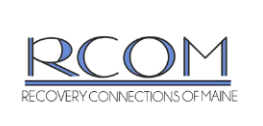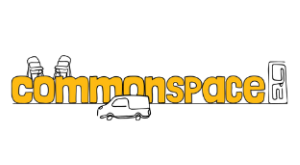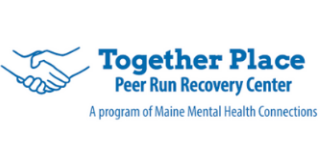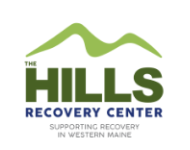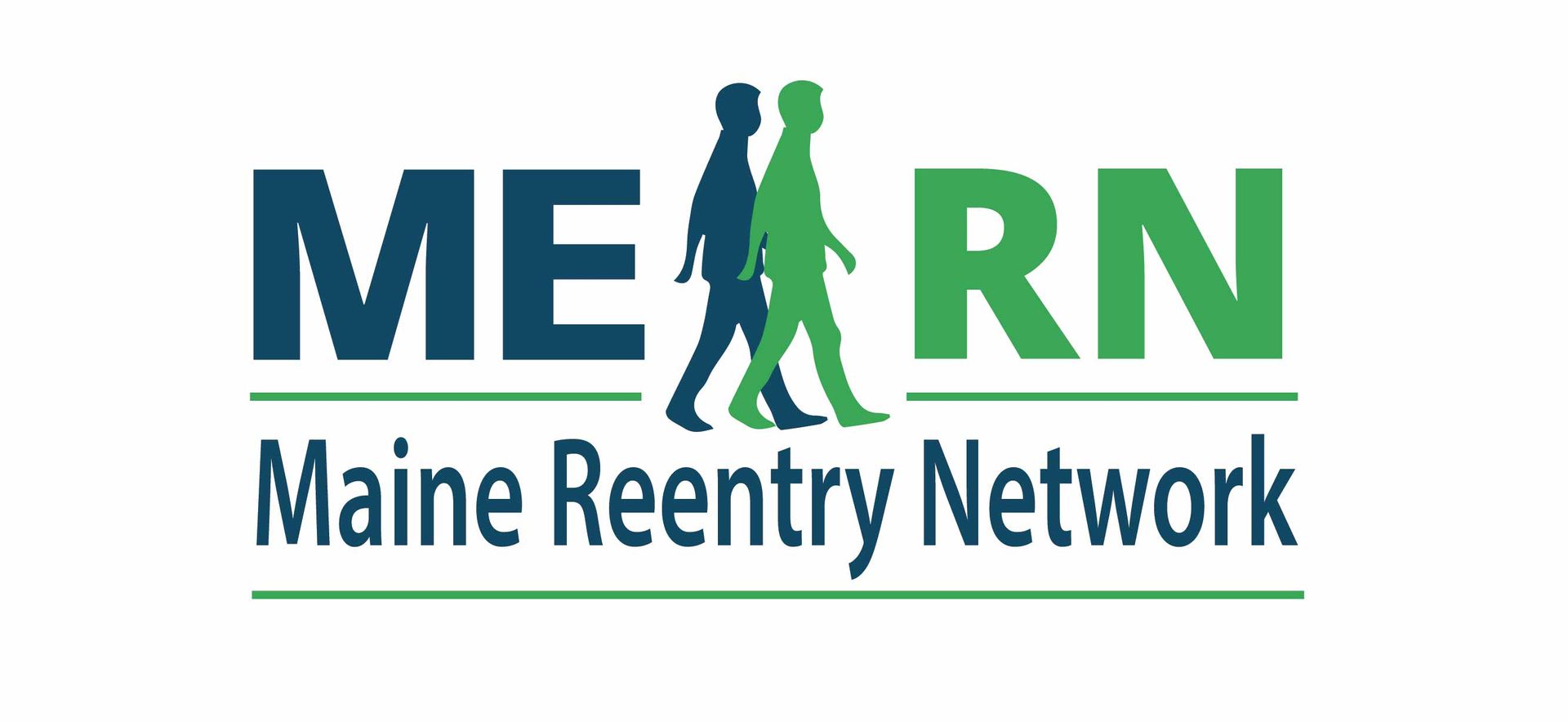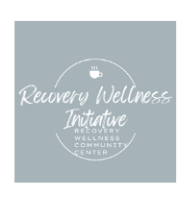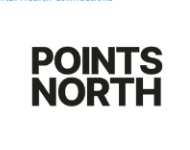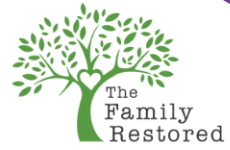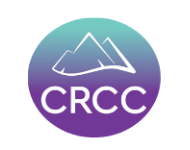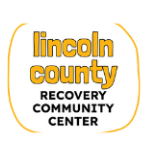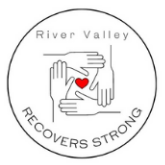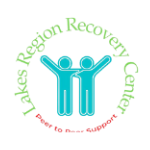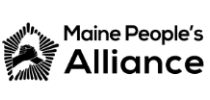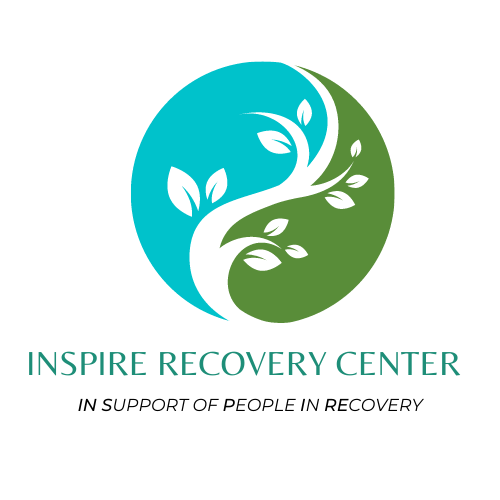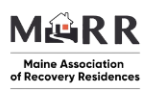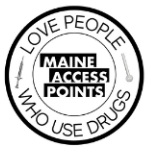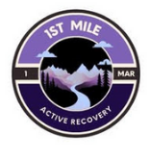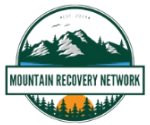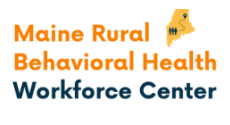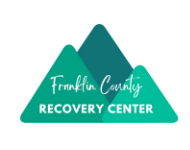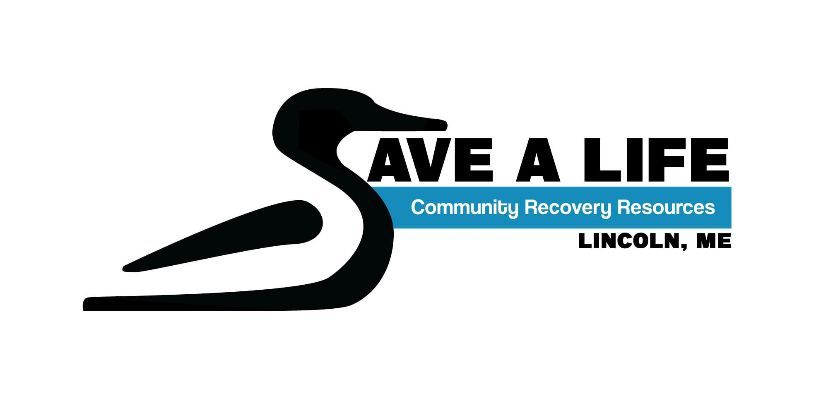listening sessions
ME-RAP is committed to advancing policy solutions that are responsive to the needs and aspirations of communities impacted by substance use. Listening is at the heart of everything that we do.
Through listening sessions held across Maine, we create space for community members to share their experiences with substance use, harm reduction, mental health, incarceration, and related challenges. The things we learn from our community
directly inform our statewide policy platform and shape the programs we lead.
Dear Supporters & Allies,
During the summer of 2024, ME-RAP had the incredible opportunity to travel to all16 of Maine’s counties to host 33 listening sessions to listen and learn from 674 individuals. These sessions provided a space for community members to share their lived experiences with substance use disorder, harm reduction, mental health struggles, incarceration, homelessness, and other related challenges and barriers.
It is with great joy that we can now share with youME-RAP’s first-ever Summer Listening Sessions Report, encompassing the feedback we heard over this summer and policy solutions to the most pressing issues that we heard. Although we collected and compiled the listening session findings, this report is truly written by the voices of those with firsthand experience of substance use and folks impacted by addiction.This is our report.
From York County to Aroostook County and many places in between, we witnessed hope, resilience, and strength in communities grappling with the impacts of our addiction crisis. We know that in spite of the progress made in Maine, there is more work to be done.
This report serves as a roadmap, guiding us forward and providing a clear call to action as we approach the upcoming Legislative Session.We are more dedicated than ever to advancing policies that will bring resources, mitigate barriers, and offer needed opportunities for healing.
It takes courage and vulnerability to speak out about personal experiences and that is not lost on us. We truly appreciate every person that was willing to show up and give voice to the barriers facing so many Mainers when it comes to accessing recovery and harm reduction services, employment, housing, healthcare, transportation, and other opportunities.
Thank you for continuing to show up to share your stories and to fight for our communities!
In solidarity,
Tess Parks (ME-RAP Policy Director)
A review of the key concerns and topics discussed at each community listening session.
Summer Listening Session Summaries
Save A Life
We kicked off summer at Save A Life Recovery Community Center in Lincoln. Key topics included difficulties accessing treatment and emergency services, the lack of coordination in resource availability, barriers to workforce development, and the need for better funding and support for teens with SUD. The discussion emphasized the desire for improving youth prevention strategies, addressing systemic issues, and decreasing stigma in rural Maine.
BARN
While at Bangor Area Recovery Network (BARN) in Brewer, discussions centered particularly on SUD recovery, criminal justice reform, and a lack of housing options. There is a need for comprehensive and sustainable solutions to address the housing crisis, increased access to detox and transitional housing, and more integration of mental health and addiction services. Furthermore, there were calls to action for coordinated advocacy at the local level around opioid settlement money, as well as a training program for people in recovery to run for local office.
Midcoast Recovery Alliance
Our listening session with the Midcoast Recovery Alliance at Bath Recovery Community Center focused on ways to address SUD outside of the criminal justice system. Key points included diverting individuals to recovery centers, enhancing peer interventions, and informing law enforcement about available resources. We discussed the barriers and challenges to accessing detox and treatment, especially for MaineCare recipients.
Maine Re-entry Network
We visited Coastal Recovery Community Center in Rockland. Participants highlighted the lack of affordable housing and skyrocketing rents. It underscored the need for stable housing to support recovery from SUD and the creation of more transitional housing. Workforce challenges included low salaries for behavioral health professionals and stigma against those in recovery. The session also addressed transportation barriers, the need for better regulatory oversight in recovery residences, and the importance of mental health resources.
Coastal Recovery Community Center
We visited Coastal Recovery Community Center in Rockland. Participants highlighted the lack of affordable housing and skyrocketing rents. It underscored the need for stable housing to support recovery from SUD and the creation of more transitional housing. Workforce challenges included low salaries for behavioral health professionals and stigma against those in recovery. The session also addressed transportation barriers, the need for better regulatory oversight in recovery residences, and the importance of mental health resources.
Substance Use Disorders Commission
At a listening session with the Substance Use Disorder Services Commission (SUDSC) we discussed expanding harm reduction services beyond opioids, supporting affected families, and addressing delayed payments from state contracts. We also discussed concerns around delays in licensing for substance use professionals.
Healthy Acadia Recovery Core
Mid-July took us to Belfast to spend an afternoon with Healthy Acadia's Recovery Core interns. This session highlighted the need for more accessible harm reduction programs, workforce development training programs, criminal justice reforms, and stigma reduction. A few of the policy solutions that were discussed favorably included increasing funding for recovery centers and tax incentives to boost the recovery workforce.
Franklin County Recovery Community Center
We closed out July with a listening session in Farmington with Franklin County Recovery Community Center. Key concerns included the lack of a local shelter and recovery housing, particularly for women, inadequate re-entry support for incarcerated individuals, and insufficient transportation options. Participants emphasized the need for more funding for social services, and detox units.
Lincoln County Recovery Community Center
We kicked off August by heading to New Castle to visit Lincoln County Recovery Community Center. Key concerns included needing better trainings on overdose response and stigma reduction, transportation challenges, and a shortage of mental health supports. Participants highlighted the need for more transportation, harm reduction services, and recovery residences.
Lakes Region Recovery Center
We had a great time talking with folks at Lakes Region Recovery Community Center (LRRC). Key concerns included the lack of transportation options, the disconnect between primary care and state-funded resources for treating SUD, and the desire for more harm reduction programs. The discussion also highlighted the stigma faced by individuals with SUD in medical settings, recovery housing challenges, and barriers to education and employment. Grassroots organizations raised concerns about timely payment of state contracts.
Washington County Substance Use Response Collaborative (SURC)
We had the chance to join the virtual Washington County Substance Use Response Collaborative (SURC) meeting. Key concerns included inadequate inpatient treatment options, lack of detox facilities, difficulties with transportation to treatment centers, and barriers in recovery services, particularly for adolescents. There were discussions on the challenges faced by individuals with criminal records with licensure and employment.
Maine Association of Recovery Residences
Our listening session with the Maine Association of Recovery Residences (MARR) affiliates highlighted several critical issues facing the recovery community in Maine. Attendees discussed housing challenges, mental health and substance use treatment, and case management services. There was also discussion of ways to support recovery residence staff and house managers.
Penobscot County Cares
Our listening session with Penobscot County Cares highlighted critical issues related to SUD, homelessness, housing accessibility, and employment barriers in the Bangor area. Key concerns include the rising rates of HIV linked to drug use, inadequate housing solutions, particularly for individuals with disabilities, and the need for better harm reduction accessibility for PWUD.
Travas Collins House
Our listening session with Travas House revealed several pressing issues, including inadequate treatment options, challenges with obtaining and maintaining housing, and problematic legal hurdles. The session highlighted the need for policy reforms to address these concerns, focusing on improving access to care, ensuring fair treatment in the criminal justice system, and supporting family reunification.
Recovery Connections of Maine
We had the opportunity to host two listening sessions with folks who participate in the Recovery Connections of Maine (RCOM) Intensive Outpatient Program. Despite significant efforts to recognize addiction as a disease, there is still a lack of understanding about recovery and ongoing stigma. Participants highlighted the need for increased public education, better access to harm reduction and treatment services, and improved housing and shelter options. They also emphasized the importance of a continuum of care from incarceration to recovery.
Washington County Recovery Friendly Workplace
Thank you Washington County Recovery Friendly Workplace businesses for meeting with us! Key concerns included limited housing access, inadequate healthcare, and stringent background checks that impede employment opportunities. Specific industries, such as fishing and manual labor, face unique challenges related to chronic pain and substance use. There is also a need for better support systems in workplaces.
Larry Labonte Recovery Center
We traveled to Larry Labonte Recovery Center in Rumford. The listening session highlighted inadequate detox and treatment services, limited access to Syringe Service Programs (SSPs), as well as concerns over improperly discarded syringes in the community, a lack of affordable housing and shelters, transportation barriers, and stigma preventing individuals from seeking services. Key takeaways emphasized the need for more funding for all treatment options, mobile SSPs, affordable housing, and improved MAT access.
Equality Community Center
We hosted a listening session following a viewing of "Recovery In Maine: Queer Voices" at the Equality Community Center (ECC) in Portland! Key takeaways highlighted the need for queer-friendly and inclusive housing and more secular peer-led groups. Employment challenges included tokenism and the lack of comprehensive inclusivity training in recovery spaces. Additionally, the session called for increased outreach to queer youth and training recovery houses on being LGBTQIA+ friendly.
Hills Recovery Center
We closed out June with a BBQ and listening session at the HILLS Recovery Center in Norway. Key takeaways included a shortage of affordable housing and shelters, transportation barriers, and a need for more sober living options. Limited access to detox beds and residential treatment, stigma, and inadequate provider training were also discussed. Proposed solutions included increased housing, mobile methadone clinics, more funding for dual-diagnosis and detox centers, and flexible state grants for rural recovery centers.
We kicked off July with a listening session with The Family Restored and recovery residence operators in Portland. The focus of the listening session was challenges faced by abstinence-based recovery residences. Key takeaways included the need for access to diverse recovery models, and the growing need for more mental health treatment services.
Homeless Services Center
We joined residents at the Homeless Services Center (HSC) who highlighted numerous barriers and unmet needs faced by individuals experiencing homelessness, especially those with substance use challenges. Participants raised concerns about inadequate shelter options for the elderly and disabled, high temporary housing costs, limited mental health services, limited dietary options, and overwhelmed case managers. They also called for indoor spaces for people who use drugs to use in the safety of peer support and doctors, instead of outside.
El Rancho De La Vida
We spent an afternoon with El Rancho De La Vida residents. We talked through issues related to housing, employment, and transportation. One participant had a great idea to create an
e-bike loan program for people in recovery to borrow bikes to get to treatment, recovery services, and jobs. This would provide transportation and be eco-friendly. What an innovative way to think about solutions to transportation!
Maine Prisoner Advocacy Coalition
In a listening session with the Maine Prisoner Advocacy Coalition (MPAC), participants highlighted the urgent need for legislative reforms to address mass incarceration, issues with probation violations, and the ongoing challenges faced by individuals with criminal records. The discussion emphasized the importance of decriminalization, diversion programs, and probation reform, as well as parole.
INSPIRE Recovery Center
Participants at INSPIRE Recovery Center in Ellsworth, ME noted a severe lack of affordable housing, with the existing stock being either too costly or not accepting vouchers, and limited public transit. Additionally, there is a need for increased funding for recovery coaching positions, and support for individuals with limited mobility.
Recovery Wellness Community Center
We traveled up to Piscataquis County to visit the newly established Recovery Wellness Community Center! Members highlighted significant gaps in public transportation, immediate crisis intervention and support services for individuals in recovery. Workforce issues also emerged, with concerns about low wages for SUD counselors, and the high costs of education.
LINC
Nothing beats a BBQ in the middle of Summer! LINC participants talked about the severe housing crisis, inadequate crisis response services, and pervasive stigma. They also highlighted the importance of affordable housing, effective use of opioid settlement funds, and better mental health support. Suggested policy proposals included improving voucher systems, creating an inclusive center for unhoused individuals, and integrating peer supports in emergency departments.
Maine's People Alliance
At the listening session with Maine People's Alliance (MPA) in Lewiston, community members highlighted significant issues regarding drug possession laws, the stigma surrounding addiction, and the need for better access to supportive services and healthcare. Participants expressed frustration over the lack of affordable housing, and the barriers posed by benefits cliffs.
Cumberland CountyCoalition For Substance Use Prevention
Our listening session with CCCSUP underscored critical gaps in Maine’s treatment and recovery system, including a shortage of MaineCare-funded and dual-diagnosis treatment beds, insufficient transitional housing, and inadequate transportation options. Participants highlighted the need to increase MaineCare funding for treatment services, expanding crisis response programs, and combating stigma. There was also discussion on developing more supportive housing options, and investing in crisis response services and public awareness campaigns.
Portland Community Support Center
We kicked off August by heading to New Castle to visit Lincoln County Recovery Community Center. Key concerns included needing better trainings on overdose response and stigma reduction, transportation challenges, and a shortage of mental health supports. Participants highlighted the need for more transportation, harm reduction services, and recovery residences.
Maine Access Points
We spoke with Maine Access Points (MAP) participants at their Sanford location. Key concerns included the lack of low-barrier housing, insufficient mental health services, and increasing stigma and discrimination. The session also underscored the need for improved access to SUD treatment, such as mobile MOUD services, and the challenges faced by organizations providing services, as well as concerns about the impact of local policies on unhoused people.
Courage Center
We spent an evening with folks that visit the newly opened Courage Center in Gorham! Concerns were raised about barriers to accessing Methadone clinics and additional SUD counseling, as well as dental care. Folks highlighted the inefficacy of jail time as a deterrent for substance use and the shortage of public defenders. The session underscored the need for more supportive housing, and more treatment options.
1st Mile recovery Center
The team headed up north to Fort Kent to visit with 1st Mile Active Recovery! Key concerns included the urgent need for re-entry programs for incarcerated individuals, healthy spaces for youth, and more SUD treatment options. There was a resounding call for enhanced recovery services and resources to combat stigma and promote healing in the community.







